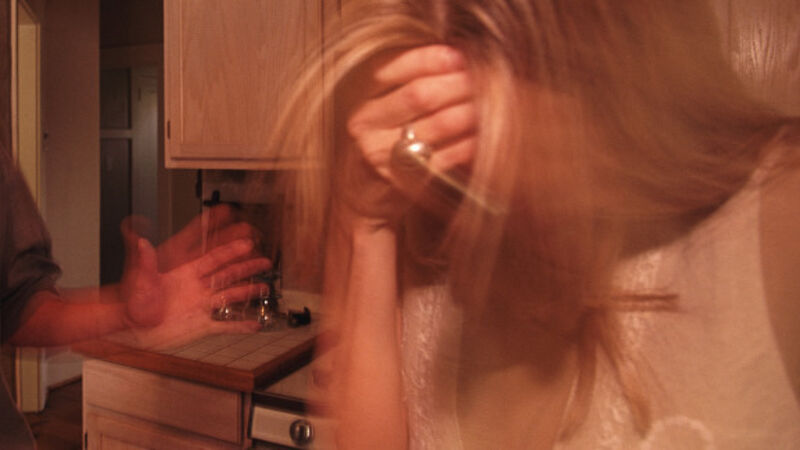Domestic abuse on the increase in Cork says psychologist

Domestic abuse is endemic in Cork, and continues to be as severe a problem as institutional abuse once was in Ireland, says a Cork psychologist who works with families
Dr Colm O’Connor, who is clinical director at the Cork Marriage Counselling Centre, said that domestic abuse is increasing in Cork, with one third of people attending the centre because of problems with domestic abuse.













